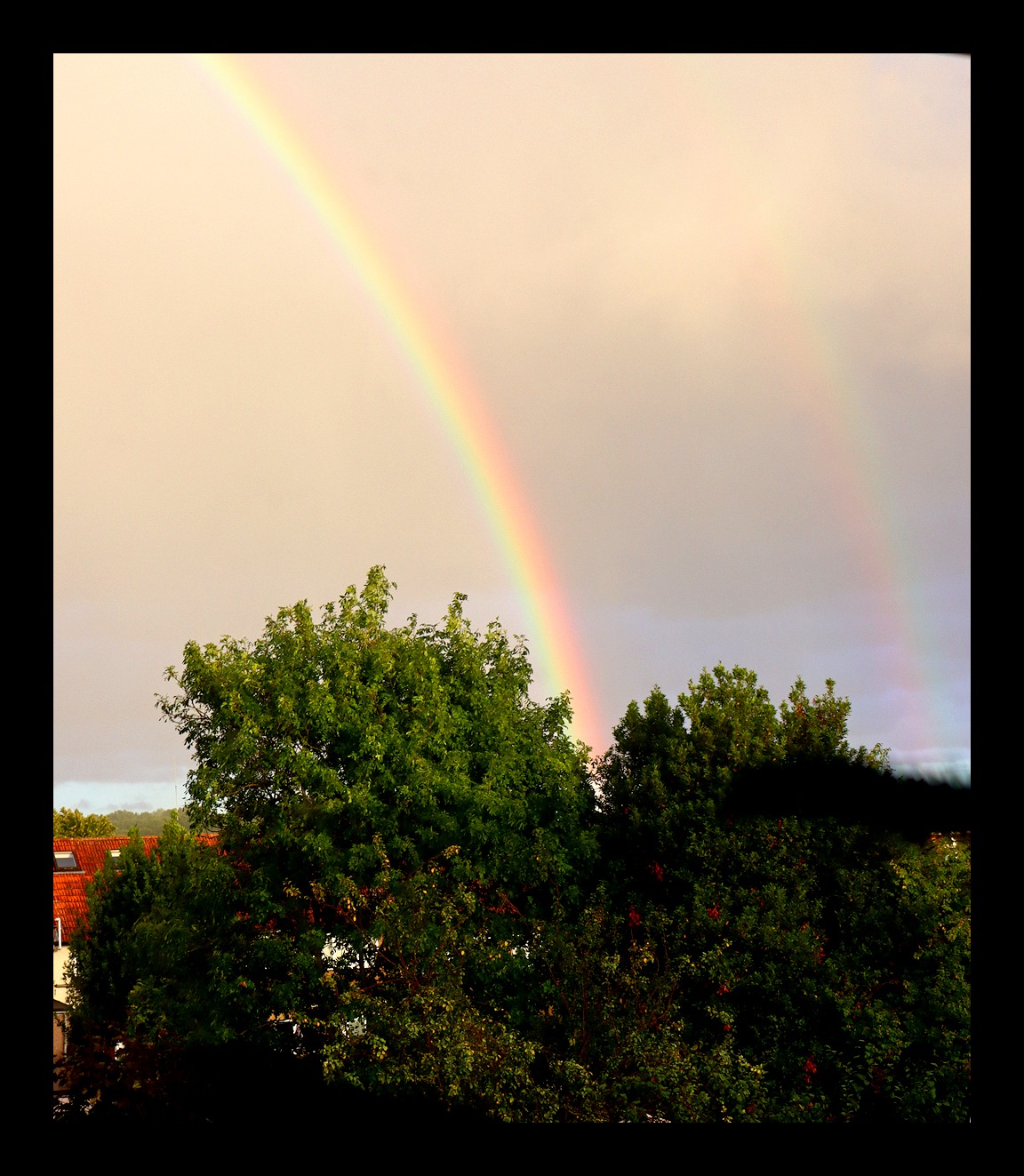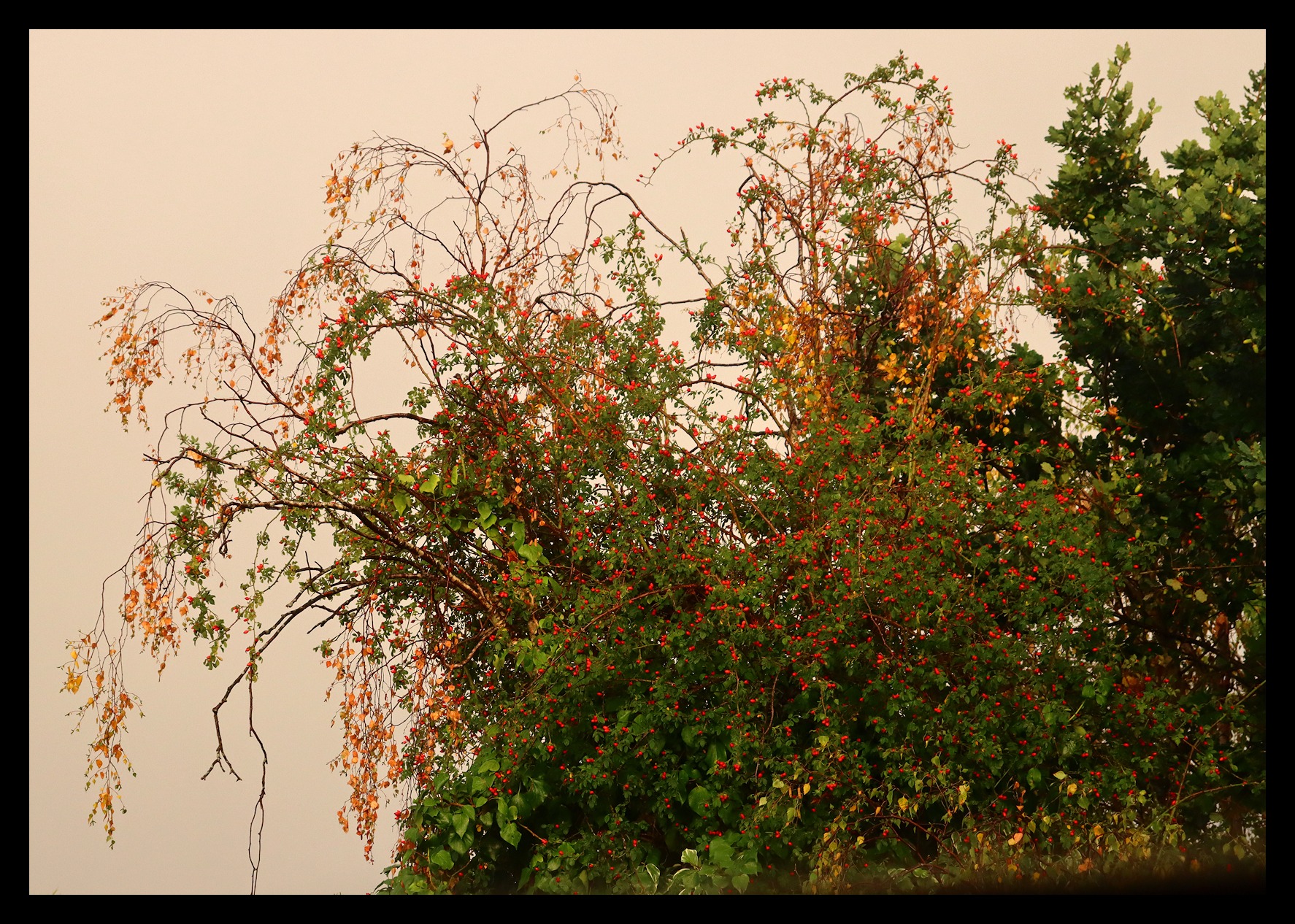This is an opinion piece (an op-ed if you will) which I’ve been thinking about for a long, long time.
Back in 2014 Roy Hattersley wrote in the Guardian …
[In 1964] Harold Wilson was elected prime minister of Great Britain and Northern Ireland. Labour won because its leader caught the mood of the time. Wilson was the politician as technocrat, the man in the Gannex overcoat who complained that, in a world in which “even the MCC has abolished the distinction between amateurs and professionals, in science and industry we are content to remain a nation of Gentlemen in a world of Players”.
Maintaining the technocratic image helped him to keep a fractious party more or less intact. But nobody doubted that the pragmatism about which he boasted was, in truth, guided by a principle which he set out in the language of the time. “The Labour party is a moral crusade or it is nothing.”
Two or three weeks into the new parliament, he invited the dozen or so youngest Labour MPs to Downing Street. The most self-confident […] told him that the government had made a crucial mistake in not devaluing the pound. They were right …
Harold Wilson brought a paradigm shift to government in the UK, and to the functioning of society as it finally surfaced from the deprivations of WW2. Wilson took advantage of the changing mood of the times. As a consequence many attitudes in the UK, and thinking within government – not to say many of the current problems which afflict the country – have their roots in the actions of the Wilson administrations of 1960s and 1970s.
Think about the following …
Comprehensive Schools
Wilson said he wanted everyone to have his grammar school education and in an attempt to achieve this effectively all schools became comprehensive. But the law of unintended consequences meant what happened was that by mixing the bright with the dim, the brightest got dumbed down, given no incentive to work hard and be stretched, while the less bright gained nothing. Actually the less bright also lost out because the previous secondary modern schools had never been properly constituted (with good curricula) and consequently the change of focus meant there was no foundation to fall back on.
Expansion of the Universities
To be fair this was started under Harold Macmillan, but the expansion of the mid-60s was the first step on the slippery slope to the destruction of Technical Colleges, Polytechnics and apprenticeships. This has, in turn, led to a shortage of technical training for plumbers, bricklayers etc. – we didn’t need them: Wilson’s “white heat of technology” would do it all. But we do need them and so we have ended up importing them from places like Eastern Europe.
Another consequence is that we now have too many, low quality, universities running courses of little worth and awarding over-inflated degrees. Why? Because over time everyone has become entitled to a university education – and government wanted to keep the unemployment figures down. Not a direct result of Wilson, but built upon the foundations he laid.
Soundbite Government
Wilson was the first to blatantly use the media as a tool of government and to provide snappy soundbites. Remember “the pound in your pocket”, “the white heat of technology”, and “beer and sandwiches at No.10” to win over stroppy union leaders?
Media Freedom
It isn’t clear which is chicken and which is egg, but with soundbite government the media started to feel they had much more freedom and fewer constraints, and they became more available with the advent of regular TV news bulletins. News became more immediate; and the public started to see, and recognise, politicians when previously they had little inkling of the machinations of government, who those people were, and what they did. This inevitably (over time) led to the broadcasting of Parliament, with politicians being interviewed at every turn – and spinning every story for their benefit.
Government and Industry
The beginning of politicians and government obviously, openly and blatantly in cahoots with industry for their own benefit. Remember Wilson’s Gannex mac? This was doubtless nothing new, but it was now out in the open or at least much more easily probed.
Destruction of British Industry
Wilson’s watch saw the rise of unprecedented union power, which was allowed to cripple manufacturing (think cars, steel, shipbuilding) and which continued until Thatcher broke the miners in the 1980s. That’s not to say unions haven’t been a force for good in improving working conditions etc., but under Wilson they very much had the upper hand (which is now really evident only in the rail unions as most of the rest have been emasculated). This ultimately led to substantial wage rises, high inflation, wage restraint, and high unemployment.
British Rail & Utilities
The actions of Dr Beeching in massacring Britain’s rail network were, admittedly, started under Harold Macmillan, however the pressure was continued under Wilson with BR, and indeed many other public utilities, being subjected to unprecedented attention from government accountants – something which continues to this day – and threats of nationalisation. This was in large part undone by the privatisation policies of Margaret Thatcher’s administration which has left many of our utilities in a position where it would be almost impossible to fully renationalise them.
Financial Crisis
All of this led, inexorably, to a financial and economic crisis, a series of failed economic measures, and the consequent devaluation of the pound by 14% in November 1967. Arguably the economy and the country’s financial situation has never recovered from this.
Social Agenda
Under Wilson’s administration we saw the first Race Relations Act (1965), the Sexual Offences Act (1967) and the abolition of (almost all) capital punishment (1965); followed later by an expansion of the welfare state. Our current social policies (including welfare payments) are very much built upon these foundations and are, in my estimation, a large factor in the current entitlement of much of the population.
Corrupt Patronage
Patronage, and corrupt patronage, has always happened. But because of the greater freedom of the media and its availability to all, Wilson’s patronage of people like Marcia Falkender (his political secretary and alleged mistress) and Lord Kagan (of Gannex macs) became open knowledge, if not actually more blatant.
I’m not saying that all our current ills are directly attributable to Harold Wilson. Nor am I saying that Wilson didn’t do some good things (eg. the welfare state). But much of where the UK is now, at least internally, is built upon the foundations set by his administrations.
That, at least, is my assessment. YMMV.
There’s much, much more about Harold Wilson on Wikipedia.

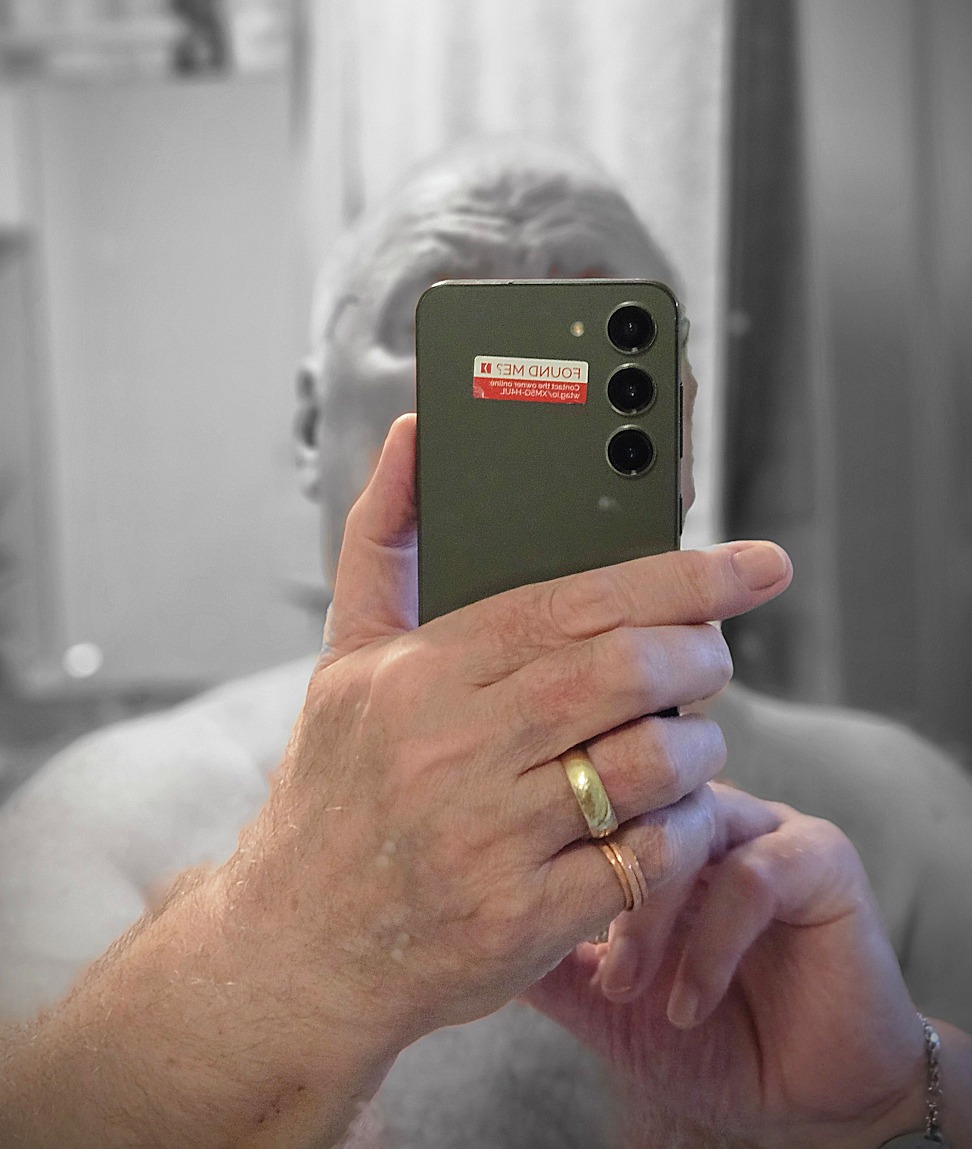

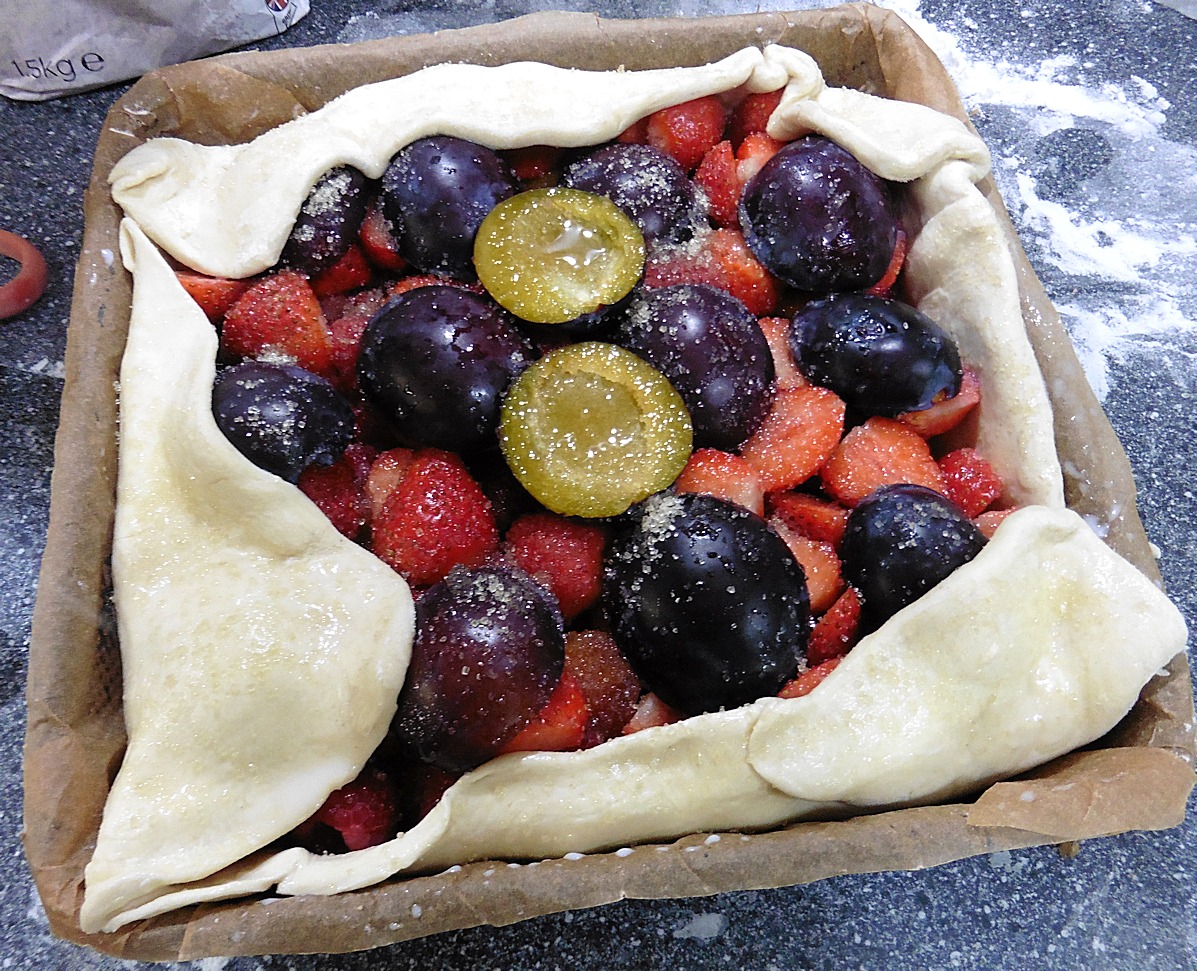
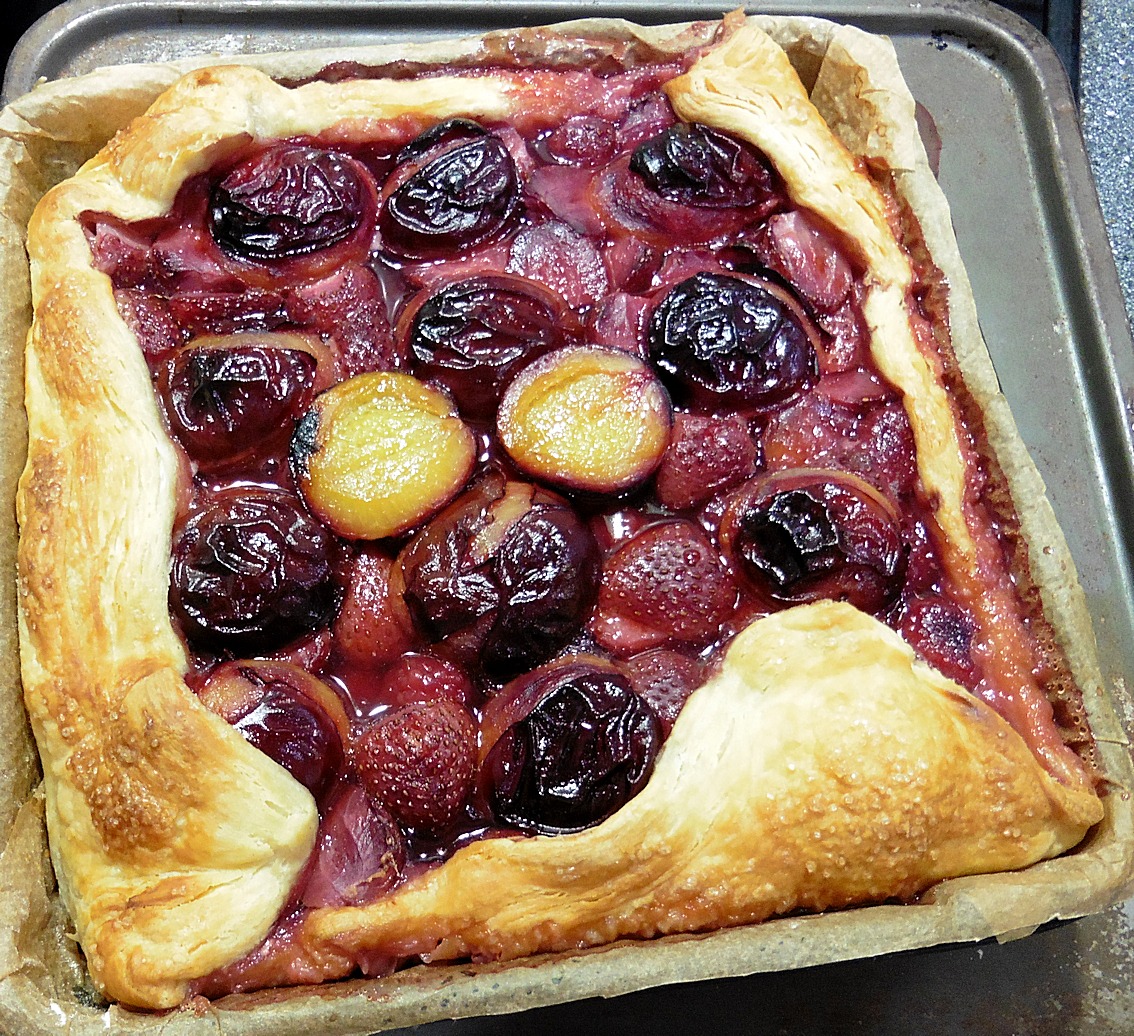
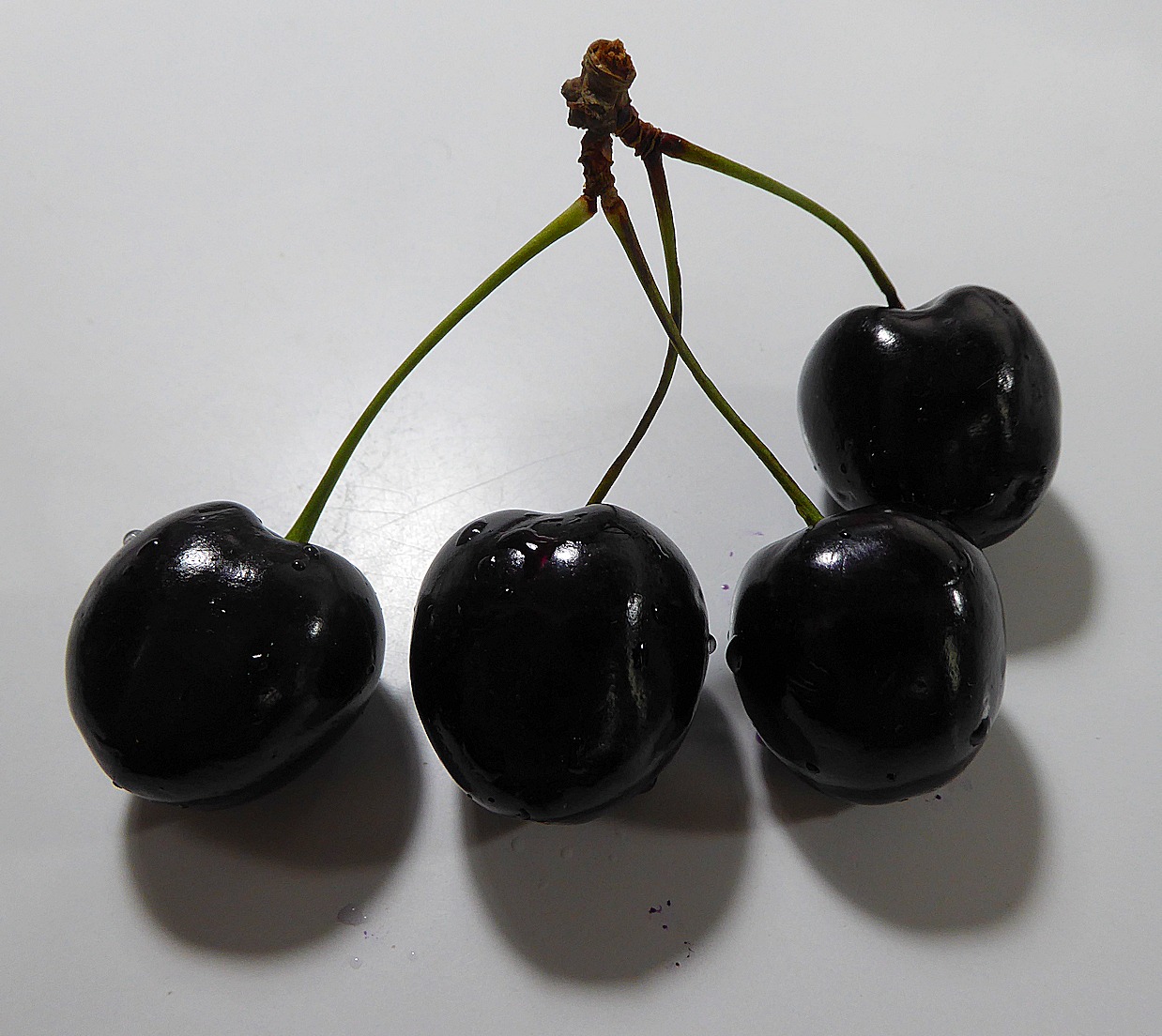 And, yes, I know it’s all to do with where the stems join and how they’re picked, so it’s not entirely natural.
And, yes, I know it’s all to do with where the stems join and how they’re picked, so it’s not entirely natural.